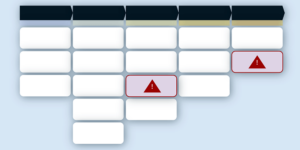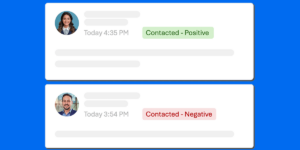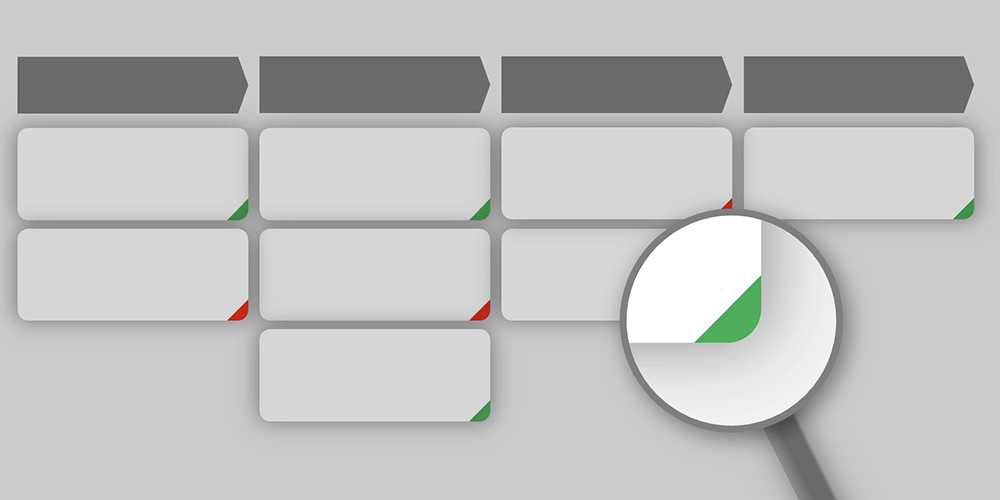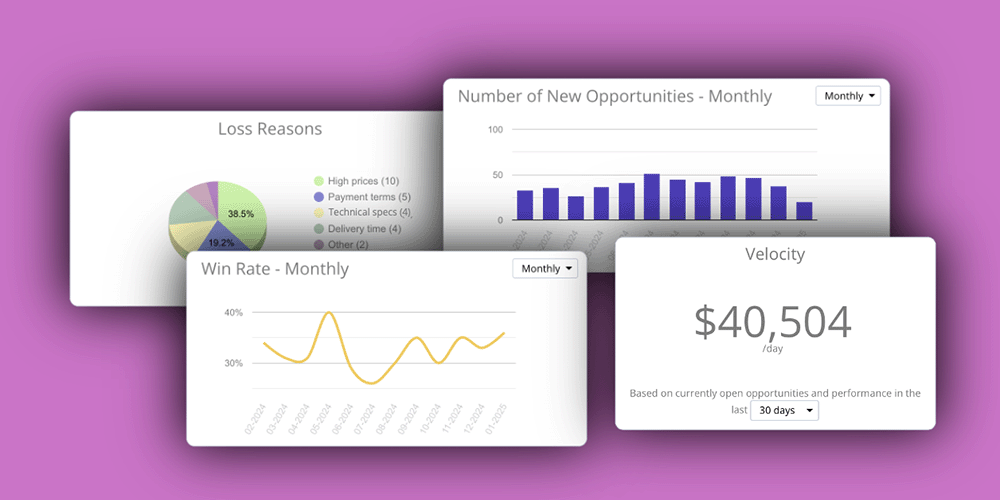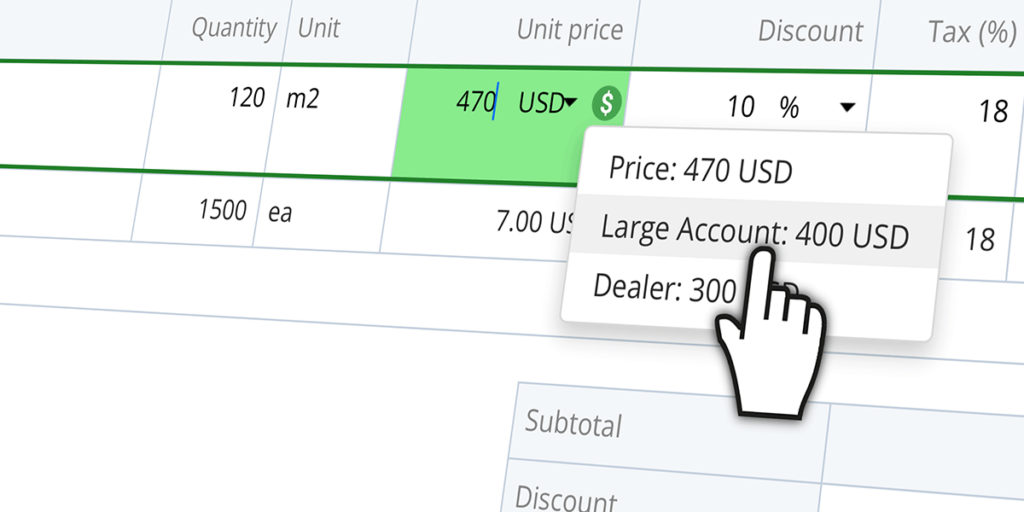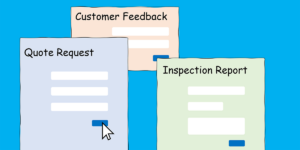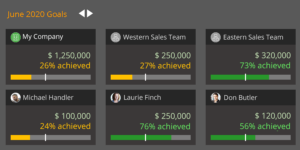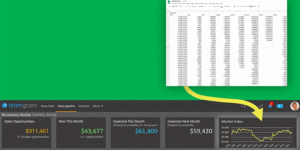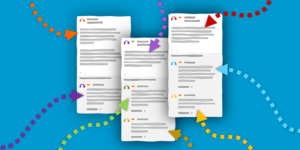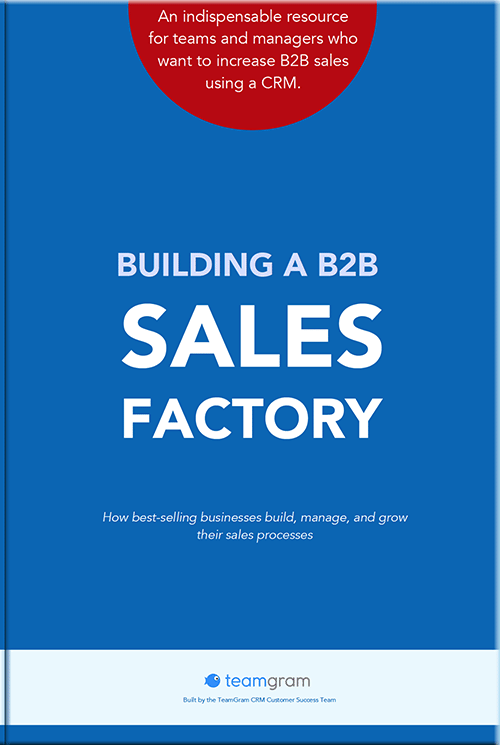New: Using Automations to Create Activities
TeamGram CRM automations just got a powerful new upgrade.
Featured Posts:
Recent TeamGram CRM Software Updates:
This New Feature Shows The Outlook for Each Opportunity in Your Pipeline
TeamGram CRM is continuously evolving to help sales teams work more efficiently, focus on the right opportunities, and make data-driven decisions. In line with this, we are happy to introduce an exciting new feature that shows which opportunities in your pipeline are the most promising ones.
Meet the New Sales Opportunities Dashboard!
We’ve redesigned TeamGram CRM’s sales opportunities dashboard! These updates will help you gain clearer insights into your sales process, identify potential issues early, and make better decisions.
Get The Most Out of TeamGram CRM:
Writing Meeting Notes: A Must-Have Skill for Every Sales Professional
Writing detailed meeting notes after every customer interaction is essential. Here is why, and how your team can do it effectively.
Introducing Differential Pricing
Now you can save multiple prices for each product in your catalog.
Sales Academy:
Free Ebook:
Want to learn how top-performing B2B companies build unstoppable sales machines?
Our free e-book uncovers the proven strategies behind scalable, high-converting sales processes.

